9 Facts About Horse Manure
Updated on 04/26/24
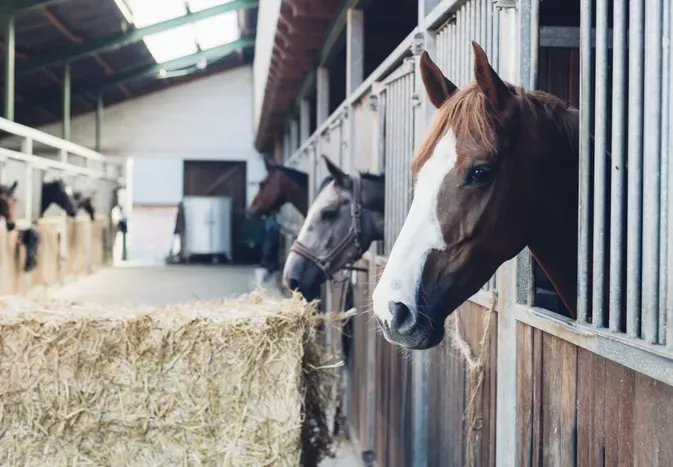
9 Fascinating Facts and Uses of Horse Manure: Your Ultimate Guide
Introduction: A Hidden Treasure in Equestrian Waste
Horse manure, often perceived as an unavoidable byproduct of equine care, holds a wealth of surprising benefits and practical applications. Beyond its traditional role as a soil amendment, this organic material offers a multitude of advantages, ranging from pest control to renewable energy production. Dive into this comprehensive blog to uncover the remarkable versatility of horse manure and explore its transformative potential in various spheres.
1. Nature's Super Soil Conditioner
* Enriches the Soil with Essential Nutrients: Horse manure is a rich source of nitrogen, phosphorus, and potassium, vital nutrients that plants need for healthy growth.
* Improves Soil Structure: The fibrous nature of horse manure helps aerate the soil, promoting drainage and root development.
* Encourages Microbial Activity: Manure contains beneficial microorganisms that break down organic matter, releasing nutrients and enhancing soil health.
* Buffer Against pH Fluctuations: Horse manure has a slightly alkaline pH, which can help neutralize acidic soils and balance pH levels.
2. Pest Control Decoded
* Natural Insect Repellent: The pungent odor of horse manure repels certain insects, including aphids, flies, and mosquitoes.
* Snail and Slug Deterrent: Scattering manure around plants creates an unwelcoming environment for these garden pests.
* Safe for Pets and the Environment: Unlike chemical pesticides, horse manure is non-toxic and poses no harm to pets or beneficial insects.
3. A Renewable Energy Source
* Biogas Production: Horse manure can be converted into biogas through anaerobic digestion, a process that produces renewable methane gas.
* Compost Heat: The decomposition of horse manure generates heat, which can be harnessed to warm greenhouses or livestock shelters.
4. Gardening Applications
* Nutrient-Rich Compost: Composting horse manure produces a nutrient-rich soil amendment that improves plant growth and yields.
* Vermicomposting: Feeding horse manure to worms creates nutrient-dense worm castings, an exceptional fertilizer for indoor and outdoor gardens.
* Mulch Around Plants: Spread horse manure around plants as mulch to suppress weeds, retain moisture, and regulate soil temperature.
5. Construction and Landscaping
* Wall Insulator: Horse manure can be mixed with clay to create a natural and insulating wall material for sustainable buildings.
* Lawn Aeration: Aerating lawns with horse manure helps improve drainage and reduce soil compaction.
* Pathway Filler: Horse manure can be used as a cost-effective material to fill in garden paths and walkways.
6. Horticultural Wonders
* Supports Mushroom Cultivation: Horse manure is an essential ingredient in the cultivation of certain mushrooms, including oyster and shiitake mushrooms.
* Enhances Strawberry Production: Adding horse manure to strawberry beds promotes vigorous plant growth and increased fruit yields.
* Beneficial to Asparagus: Horse manure provides the necessary nutrients for asparagus to thrive and produce tender spears.
7. Veterinary Applications
* Treatment for Diarrhea: In some cases, horse manure can be used as a natural remedy for treating diarrhea in calves and piglets.
* Prevention of Navel Ill in Foals: Applying horse manure to the navel of newborn foals helps prevent bacterial infections.
8. Livestock Benefits
* Bedding Material: Horse manure can be used as a bedding material for livestock, providing warmth and comfort.
* Nutrient Source for Cattle: Cattle can consume limited amounts of horse manure as a supplemental source of nutrients.
* Enrichment for Pigs: Pigs enjoy rooting through horse manure, which provides mental and physical stimulation.
9. Historical and Cultural Significance
* Fuel Source for Ancient Romans: Horse manure was used as a fuel source for heating and cooking in ancient Rome.
* Building Material in Medieval England: Horse manure was mixed with straw and clay to create building materials for structures such as houses and churches.
* Preservation of Ancient Artifacts: Horse manure has been found to have preservative properties, contributing to the preservation of archaeological artifacts in certain environments.
Conclusion: A Multifaceted Resource
Horse manure, once considered a mere byproduct, has proven to be a valuable resource with a wide range of applications. From enriching soils to generating renewable energy, controlling pests to supporting horticulture, this organic material offers a multitude of benefits in various fields. By harnessing the potential of horse manure, we can not only reduce waste but also contribute to sustainable practices and enhance the well-being of our plants, animals, and environment. Embrace the versatility of this hidden treasure and unlock its transformative power.
Explore More Pets
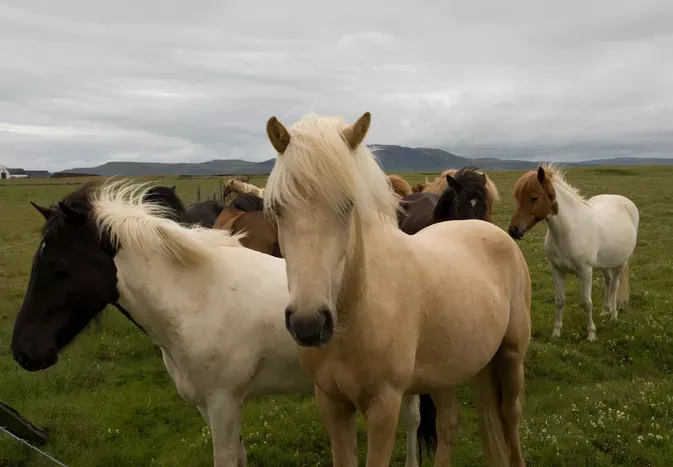
Pony Breeds
The Difference Between Horses and Ponies

Horse Diseases & Conditions
What Do I Do If My Horse Colics?
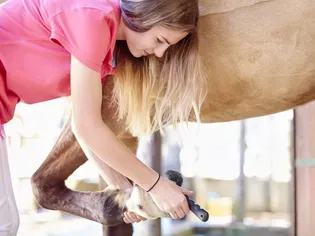
Pony Breeds
Horse and Pony Care by the Day, Week, Month and Year
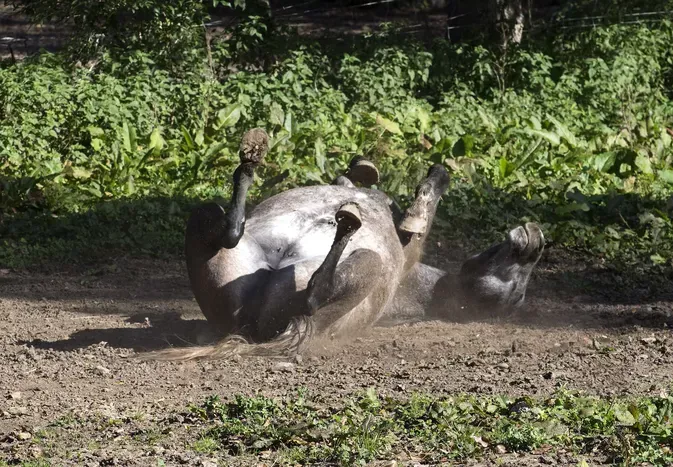
Horse Grooming
Mange in Horses
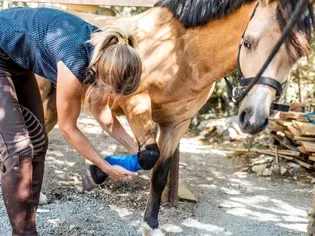
Horse Diseases & Conditions
Grease Heel in Horses
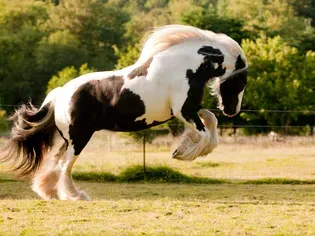
Light Horse Breeds
Gypsy Vanner Horse Breed Profile
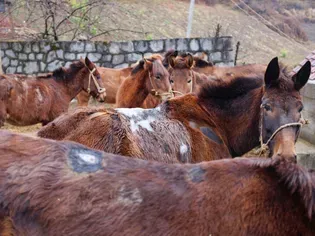
Horse Diseases & Conditions
Girth Galls and Saddle Sores
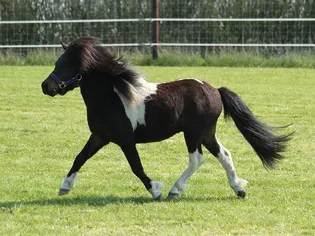
Pony Breeds
Shetland Pony Breed Profile